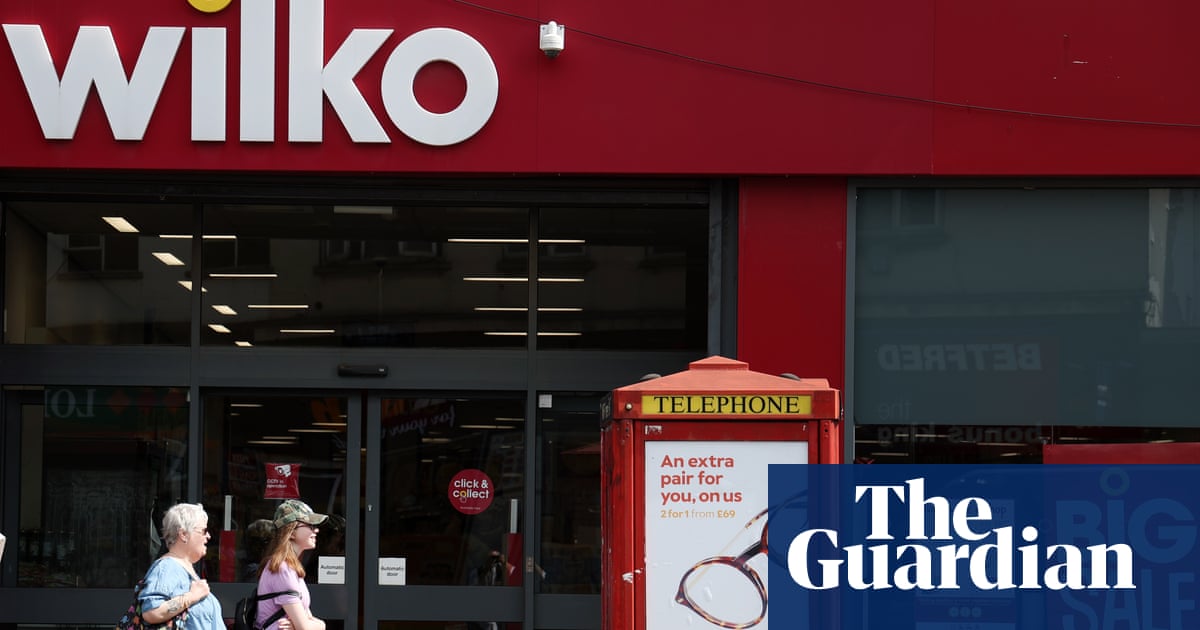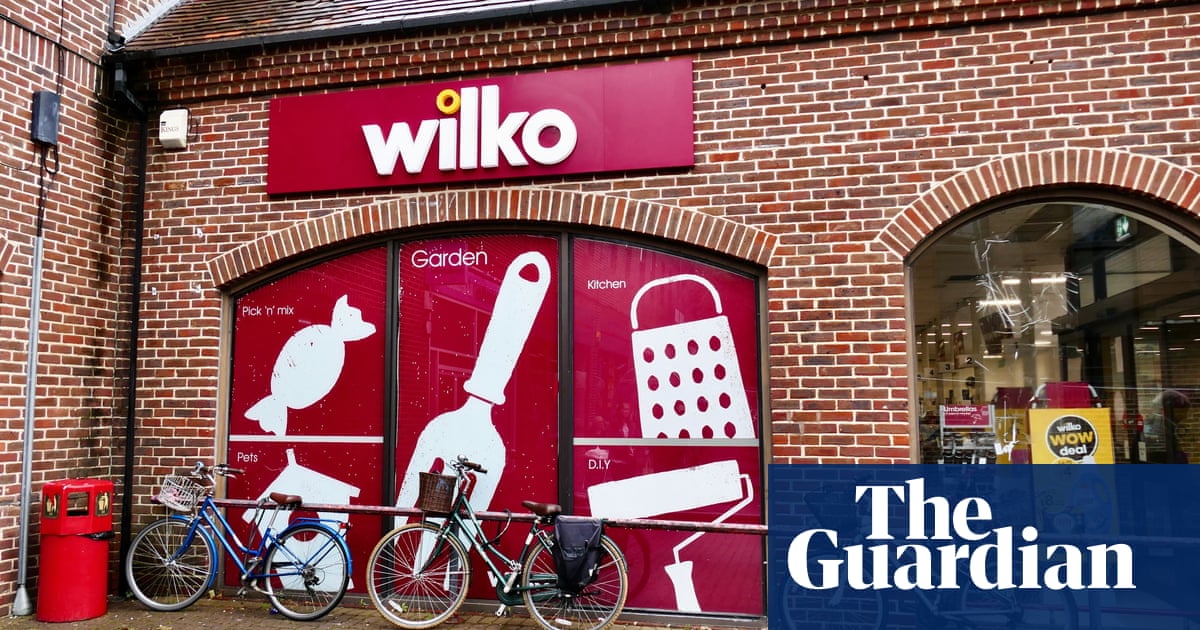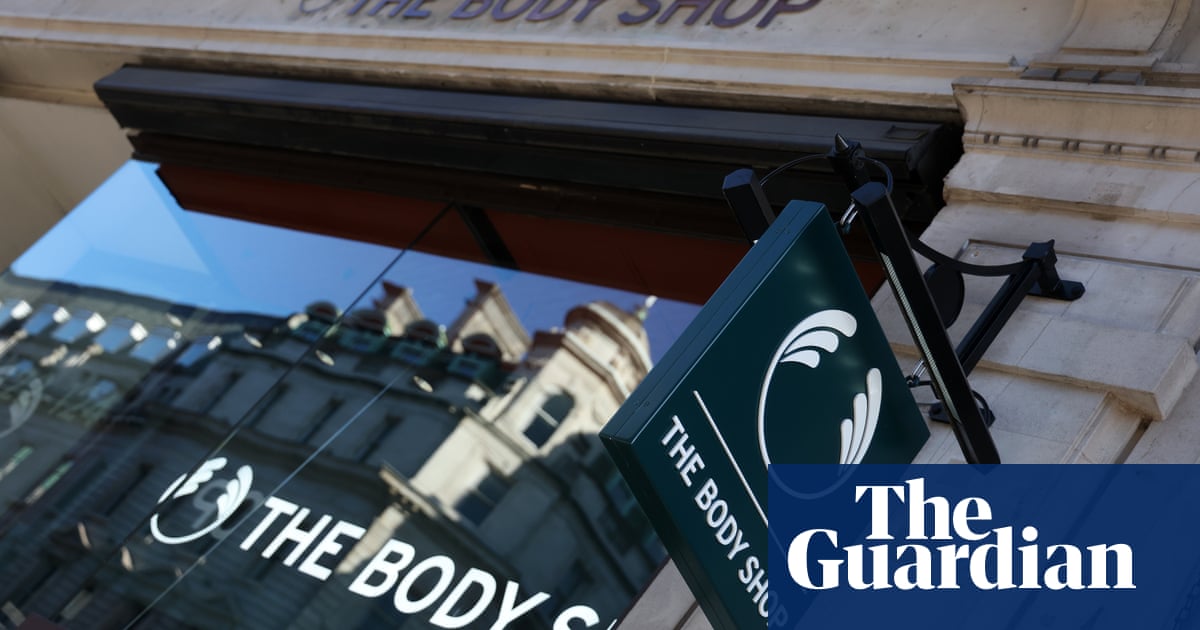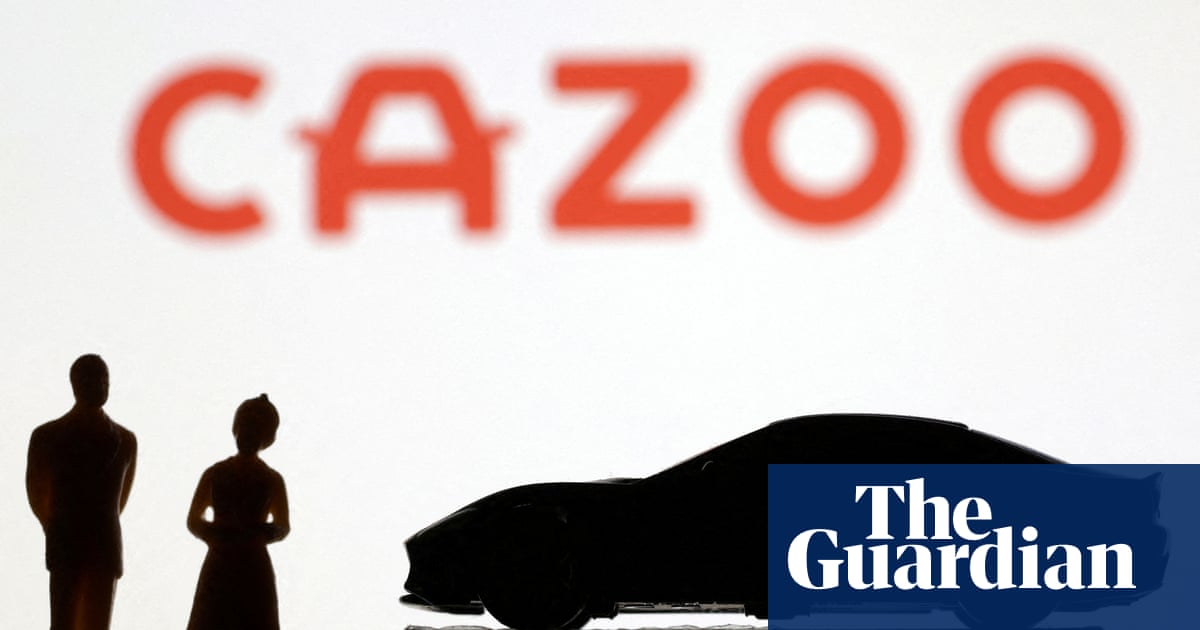
The troubled budget retailer Wilko has called administrators, putting more than 12,000 jobs at risk after it failed to agree a rescue deal.
The family-owned household and garden products retailer, which has about 400 stores, is expected to have to close dozens of outlets, leaving big gaps on high streets after weeks of talks with interested parties.
Mark Jackson, the chief executive, said: “We left no stone unturned when it came to preserving this incredible business but must concede that, with regret, we’ve no choice but to take the difficult decision to enter into administration.
“We’ve all fought hard to keep this incredible business intact but must concede that time has run out and now, we must do what’s best to preserve as many jobs as possible, for as long as is possible, by working with our appointed administrators.”
Wilko had received “a significant level of interest, including indicative offers that we believe would meet all our financial criteria to recapitalise the business”, said Jackson, but it had not been able to finalise these in time to save the business.
Jackson said talks had failed despite Wilko making a number of cost-cutting measures, which he claimed would have resulted in “the most profitable Wilko ever recorded within 24 months”.
Despite its problems, owners of the chain, led by the Wilkinson family, took £3m in dividends in the 12 months to the end of February 2022.
Nadine Houghton, national officer for the GMB union, which represents thousands of workers at Wilko, accused the firm’s management of allowing the retailer to lose its place in the market by failing to invest in technology for home shopping and other improvements while “much-needed cash was taken out of the business by the Wilkinson family when it was struggling”.
She said: “The 12,000 Wilko workers now facing potential redundancy will take little solace that with better management the situation that has befallen Wilko was, sadly, entirely avoidable.
“GMB has been told time and time again how warnings were made that Wilko was in a prime position to capitalise on the growing bargain retailer market, but simply failed to grasp this opportunity.”
Administrators from PricewaterhouseCoopers, who were formally appointed on Thursday afternoon, said they would continue to seek a buyer for all or part of the business after their appointment.
The most likely buyer is thought to be Hilco, a restructuring specialist that holds a big chunk of Wilko’s debt. Other interested parties include the Laura Ashley owner, Gordon Brothers; the Bensons for Beds owner, Alteri; and OpCapita. The likes of Primark, Poundland and B&M are thought to be interested in taking on some stores.
The administrators said Wilko would continue to trade all stores without any immediate redundancies as discussions with interested parties continued. However, they said store closures and redundancies were likely to follow if no buyer was found.
They said that the business had encountered cashflow problems and a deterioration in trading amid “incredibly challenging trading conditions” through the pandemic and in the more recent cost of living crisis.
Zelf Hussain, a joint administrator and PwC partner, said: “It is incredibly sad that a well-loved, family business that has been on the high street for over 90 years has had to go into administration today.
“Many high street retailers are facing a number of well-documented challenges and Wilko has been significantly impacted by the headwinds facing the industry including inflationary pressure and rising interest rates.”
It is understood that managers were told about the administration on Thursday morning just before 9am and then briefed staff in stores.
The chain is the largest retailer to collapse into administration since the convenience-store business McColl’s, which employed about 16,000 people, just over a year ago. McColl’s was rescued by the supermarket Morrisons.
Wilko, which was founded in 1930 when JK Wilkinson opened his first store in Leicester, stepped into many high street gaps left by the collapse of Woolworths in late 2008. However, it has struggled in the tough economic climate and amid competition from rival budget chains, including B&M, and online retailers such as Amazon.
Last year the budget retailer borrowed £40m from the restructuring specialist Hilco, cut jobs, rejigged its leadership team and sold off a distribution centre as it faced a cash squeeze after falling to a loss.
Suppliers paused or reduced deliveries, leaving Wilko with gaps on shelves after it struggled to pay its bills and at least one credit insurer withdrew trade cover.












